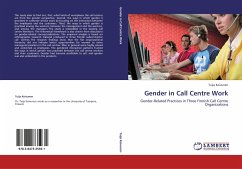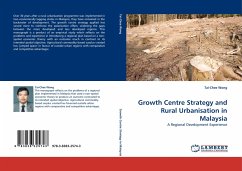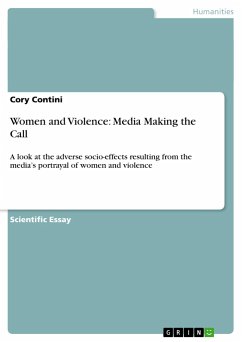
Call Centre Agents and Class Identity
A Johannesburg Case Study
Versandkostenfrei!
Versandfertig in 6-10 Tagen
32,99 €
inkl. MwSt.

PAYBACK Punkte
16 °P sammeln!
This book explores the class identity of call centre agents in Johannesburg. My interest in the topic arose from an apparent contradiction. On the one hand, I had read sociological literature that had depicted such people as belonging to a service proletariat . On the other, my experience as a student working in a call centre was that, to the extent that the agents had a class identity, it was as members of the middle class . While there is now a considerable body of literature on call centres, there is relatively little on South Africa, despite that it now has the largest concentration of the...
This book explores the class identity of call centre agents in Johannesburg. My interest in the topic arose from an apparent contradiction. On the one hand, I had read sociological literature that had depicted such people as belonging to a service proletariat . On the other, my experience as a student working in a call centre was that, to the extent that the agents had a class identity, it was as members of the middle class . While there is now a considerable body of literature on call centres, there is relatively little on South Africa, despite that it now has the largest concentration of these workplaces anywhere in the world. Also, research has addressed the question of class, in terms of class position, an outsider s assessment, rather than as class identity, the agent s own understanding of their location within a social hierarchy. Moreover, given that call centres are in the forefront of globalisation, which has made possible the reorganisation of labour processes, is it possible that they herald new class identities that tally with a changed class structure? In researching these issues three call centres were studied.












